Emotional Intelligence and Empathy
We, generally, prioritize our rational and logical brain over what our emotions are telling us. We believe that our thoughts ground us in facts and our emotions betray us. But this is not holistically accurate. The goal would be that we have awareness of our thoughts AND what our emotions/body are communicating. We want them to all have equal importance. When we can act from a holistic approach (where our mind, body, and feelings are integrated) then we feel less disjointed and our struggle becomes less complicated. We’re no longer at battle with ourselves AND external forces. We can value our emotional intelligence and our intellectual ability equally.
Photo by John Barkiple on Unsplash
When we have a strong sense of emotional intelligence, it means that we have the ability to assimilate our thoughts, our emotions, and our bodies. This means that our rational mind, our feelings, and sensations—or signals—in our body are all on the same page. The grief/worry/sadness/anger is being experienced through thoughts, emotions, and physical sensations. And although, it may feel uncomfortable, we have validated our experience, and thus it provides us with the space, tools, and capacity to process through it and move on.
“By learning how to validate our experiences (through emotional intelligence) we can then use those same skills in relating to how others experience emotions. We can develop EMPATHY for others. And empathy helps develop social awareness and relational stability.”
The Conflict
We have all experienced the conflict when our thoughts—or logic—is in opposition to how we feel. A great example of this is heartbreak. We can intellectually understand why someone we love(d) is no longer healthy for us. We can rationalize all the ways the relationship wasn’t serving us. We find ourselves focusing on that we should be over him/her/them. However, our emotions could still be telling us that we miss them. And our body could be experiencing that grief—an aching heart or a pit in the stomach. Thus, our intellect is denying the validity of how we feel.
What do we do?
So—as therapeutically cliché as it sounds—in order to interrupt this conflict, we need to learn how to feel our feelings. We need to build an awareness of what feelings feel like. How do I know it is sadness? What is betrayal telling me? How am I holding anger in my body? And through this exploration we are validating our feelings as experiences that are real. Once we have validated our feelings we can bring compassion to our experience. Using the same break-up example, this could be displayed in telling ourselves something as simple as, “you cared a lot about that person.” A statement like this encourages our thoughts to align with how we feel.
By learning how to validate our experiences (through emotional intelligence) we can then use those same skills in relating to how others experience emotions. We can develop EMPATHY for others. And empathy helps develop social awareness and relational stability.
“Validating our emotions means that we see them as having needs. Sadness may need a hug. Embarrassment may need reassurance. When we tend to these needs we’re also getting our mind, body, and feelings all on the same page.”
How can use empathy to develop social awareness?
Photo by Aarón Blanco Tejedor on Unsplash
- By understanding emotion within ourselves, we can then use that same understanding in noticing emotion in others. Having this knowledge helps us navigate complex social situations and power dynamics.
- Developing boundaries with others. By understanding what emotions are our own and what are someone else’s, we can create healthy awareness of what we need to take responsibility for and how we need to hold other’s accountable for their responses/reactions.
- Helps us make holistic decisions. Empathy allows us to see the world through another person’s eyes. When we can do that, we have the opportunity to see a situation from multiple perspectives.
- Empathy combats the perfectionism. When we are empathetic we can have more compassion for ourselves and/or others when mistakes occur, or high expectations aren’t met.
Where do we start?
Feeling feelings can feel overwhelming (lots of “feels” in that sentence). We’re worried if we feel, we will be inviting a faucet (or firehose) of feelings out that we cannot handle or manage. So start with these three questions to ask yourself when notice you’re experiencing a feeling:
- What do I feel?
- How do I know that is the feeling I’m experiencing (BONUS: where in your body are you experiencing it)?
- How can I tend to that feeling so that the emotion feels heard/seen?
And, therapy is always a perfect arena to start experimenting with feelings and building an understanding of where in your life they historically came from.
Why Should I care?
Photo by Pavan Trikutam on Unsplash
Certain labels hover around those who connect with their feelings: sensitive, irrational, difficult, you fill in the blank. When in reality, bridging the relationship between logic and emotion offers us (and our close communities) the opportunity to problem solve, the chance connect, the possibility to think creatively, and the framework for growth.



